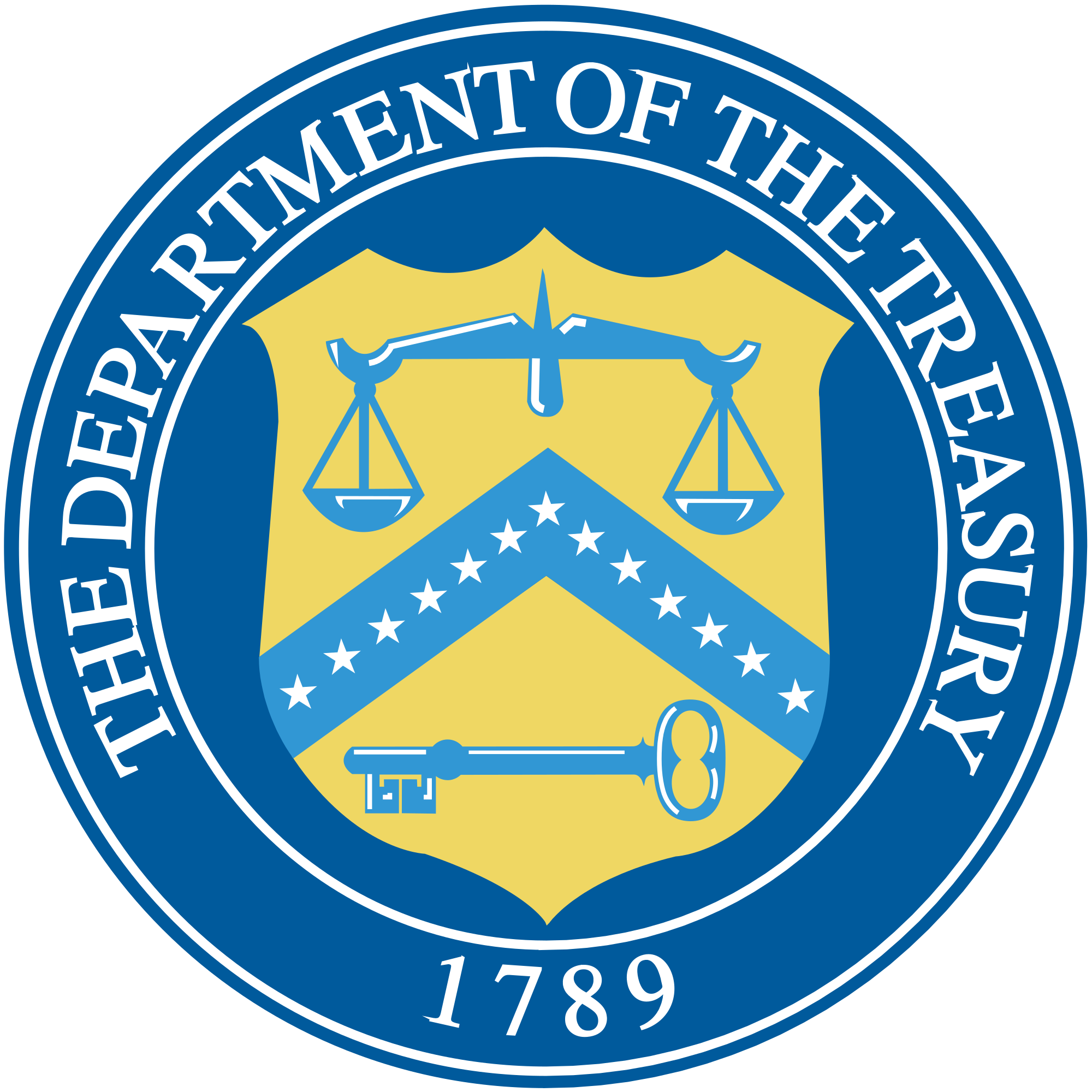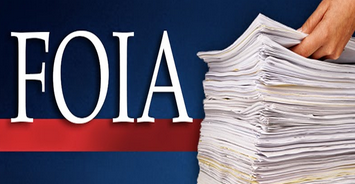Honey From Cuba Could Be Imported To The U.S.; Thus Far Cuba Says No
/In 2016, The Obama Administration expanded the variety of products that were authorized to be directly imported from the Republic of Cuba to the United States for commercial use. The first products authorized were textiles, coffee and charcoal. The government of the Republic of Cuba has thus far resisted permitting other products, including honey and dried fruit, to be directly exported to the United States. Note: The government of the Republic of Cuba has thus far not permitted the direct export of coffee; only the indirect import to the United States.
The State Department's Section 515.582 List
Bureau of Economic and Business Affairs
April 22, 2016
Goods and Services Eligible for Importation
In accordance with the policy changes announced by the President on December 17, 2014, to further engage and empower the Cuban people, Section 515.582 of the Cuban Assets Control Regulations (31 CFR Part 515 – the CACR) authorizes the importation into the United States of certain goods and services produced by independent Cuban entrepreneurs as determined by the State Department as set forth on the Section 515.582 List, below.
Goods
The goods whose import is authorized by Section 515.582 are goods produced by independent Cuban entrepreneurs, as demonstrated by documentary evidence, that are imported into the United States, except for goods specified in the following sections/chapters of the Harmonized Tariff Schedule of the United States (HTS):
Worker bee’s paradise Cuba’s thriving honey business
Agricultural backwardness makes for healthy hives
The Economist
The Americas
20 September 2018
ARTEMISA
ALBERTO QUESADA loads a flatbed lorry in a field in the middle of the night for a two-hour drive to the dense mangrove swamps on the Gulf of Batabanó. “It’s important that they wake up in their new habitat,” he says of his cargo of bees. In the summer his 30,000 hive-dwellers feast on coastal flowers; in the autumn they forage on milkweed and morning glories further north. Around October it is off to the mountains, as Cuba’s trees reach their prime, before he brings the bees back to his farm about an hour’s drive from Havana. There, they have their pick of palm, mango and avocado trees, fresh vegetables—an uncommon luxury in Cuba—and a garden teeming with sunflowers, lilies and bougainvilleas. The diets of these well-travelled insects are more diverse than that of most Cubans.
It is good to be a bee in Cuba. Beekeepers elsewhere lose around 20% of their colony in the winter. Climate change, parasites, the intensification of pesticide use, urbanisation and an obsession with tidiness are causing colonies to collapse. “We mow our lawns and trim our hedges so much that there are now fewer places even for wild bees to nest,” says Norman Carreck of the British-based International Bee Research Association.
Communism has done Cuba few favours but it has proved a boon for its bees. Impoverished farmers cannot afford pesticides. A lack of modern equipment and little economic incentive to farm mean much of the island’s vegetation is wild in a way that keeps bees well nourished and produces high-quality honey.
While honey production in most countries has taken a hit along with hives, Cuba’s healthy bees have been busy. The population is growing by an average of 7,000 hives a year, each yielding around 52kg of honey in 2017, double the average from American hives. Although nine-tenths of total production, around 10,000 tonnes last year, is managed by private farmers like Mr Quesada, they are obliged to sell it to the government at a little over $600 a tonne. It is then exported, mostly to Europe, where it fetches $4,600 a tonne for ordinary honey and $14,000 for the 16% that counts as organic. Were a costly certification process not required, much more could fetch such a premium.
Cuba’s honey industry is tiny compared with that of world leaders (bees in China, the biggest producer, make over 500,000 tonnes a year) but it is a valuable agricultural export. And despite the state reaping most of the rewards, farmers, who profit from selling some honey to fellow Cubans, are keen to expand.
In anticipation the government has opened a new bottling facility that will increase production capacity to 15,000 tonnes a year, and plans to sell more organic honey and by-products such as beeswax. But high-quality hives need to be mobile. Cuba’s terrible roads and scarce fuel do not help. Even the wood and netting required to build hives are hard to come by. All these will need to improve to keep the business abuzz.
Radio Angulo
28 September 2018
Holguin, Republic of Cuba
Successful Honey Harvest Predicted in Holguin, Cuba
Beekeepers from the northeastern Cuban province of Holguin expect to increase beehoney production by more than 470 tons in plan for export before 2018 closes.
The beekeepers of the eastern Cuban territory expected to collect some 107 t by that date; however, they already produced 332 tons, which shows the expertise reached in honey production in the territory, where some 12 thousand 700 beehives are in operation, 800 more than in a similar stage to 2017.
Other derivatives of honey are wax and propolis, with an overproduction of 309 percent and 140, respectively, according to information from the provincial delegation of the Ministry of Agriculture (MINAG).
In recent visit to the province, Gustavo Rodríguez Rollero, Minister of Agriculture, called to start the production of pollen and royal jelly, highly coveted in the international market for its high nutritional values used in the naturopathic pharmaceutical industry as well as in cosmetics.
Rodriguez Rollero expressed the need to promote the wax not only in its pure state, but also processed in ornamental and utilitarian items, which gives added value and increases its selling price.
In the European market, main recipient of this product, its value exceeds 3 thousand euros, hence the importance of implementing techniques for its production, which will contribute the 500 tonnes set for export in this year. / By Luly Legra Pichs - Ahora.
RELATED LINKS:
https://www.economist.com/the-americas/2018/09/22/cubas-thriving-honey-business
https://www.cubatrade.org/blog/2017/5/12/n6fras0d0v3uri8jlx8w0s1t2vx6vh?rq=charcoal






















